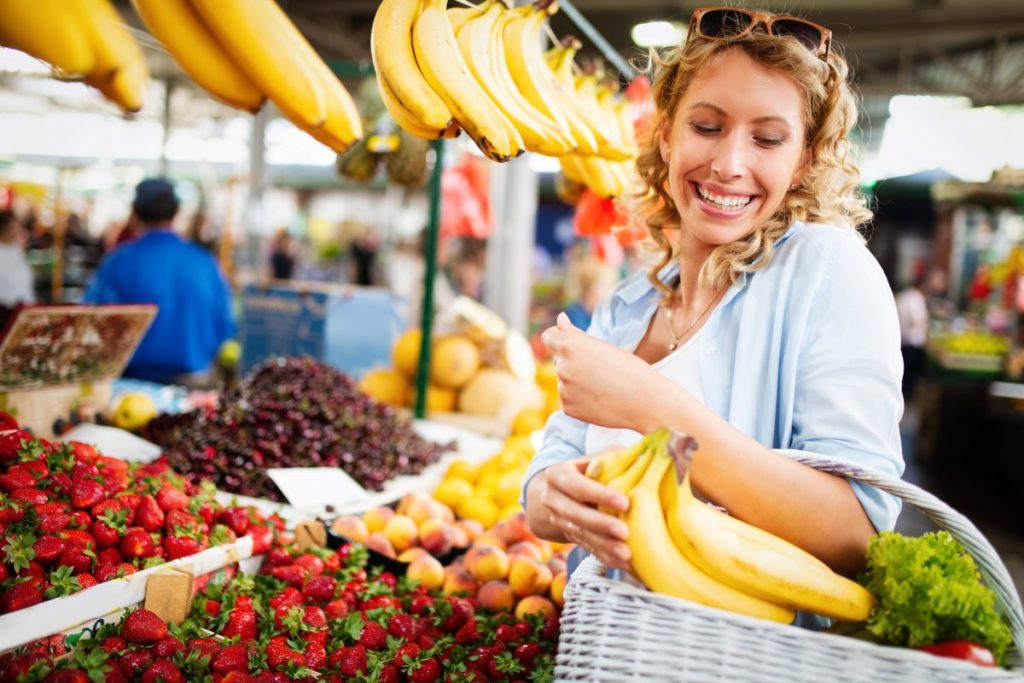
We live in a world where there is abundance of food choices and we often get so much variety in a single season that we eat almost something new every day of the week. Belonging to a particular society we are predominantly raised to be vegetarians with meat and it’s sources coming in second in the preference list. We add up veggies and fruits more often in our daily diet. The demand for such foods is on the rise continuously that malpractices have entered in their production. So let’s look at the current scenario where we are in terms of the produce and it’s safety.
It’s been a very hot topic of debate since the last five years that the fruits and vegetables that we consume in our daily lives, are not very safe or simply speaking “pure”. The way our fruits and veggies are now grown is under the spotlight. To ramp up production of these foods some measures like use of pesticides and chemical enhancers are used to grow them. Even if we turn a blind eye on this matter, there is still a lack of guidelines on how we should select, wash and store our food sources to augment our health
Let’s look as how should we enhance safety aspect in this situation first.
- Always buy seasonal vegetables and fruits. Consuming them other than their seasons means that you are consuming the foods with much added preservatives. Example apple from mid-August to End of November.
- Check the produce for bruises and feel and smell for ripeness. It is not rocket science, just ask for this from your grand-mother or any older person from home or neighbourhood.
- According to the Centre for Science and Environment (CSE), washing them with 2% of salt water will remove most of the contact pesticide residues that normally appear on the surface of the vegetables and fruits. Almost 75 to 80 percent of pesticide residues are removed by cold water washing. Also, be more thorough with these fruits and vegetables in specific: grapes, apples, guava, plums, mangoes, peaches and pears and vegetables like tomatoes, brinjal and okra as they might carry more residue in their crevices.
- If you are a non-vegetarian, always separate fish and poultry from other purchases by wrapping them separately in suitable bags.
- The only two that needs strong in paper bag are mushrooms and okra. Cauliflower, broccoli, carrots, lettuce, peas and corn to be stored in plastic bags. Never store onions and tomatoes together.
- Some fruits should always be stored unwashed and in a single layer, namely the berry family i.e. Strawberries, Raspberries, Blackberries and Blueberries.
- Some fruits produce a heavy amount of “Ethylene” which makes others fruits and vegetables ripe early and ultimately spoil faster. So always make sure, that you store apples, apricots, bananas, peaches, plums and pears away from others.
Let’s get the maximum benefits out of these super foods that our Mother Nature has provided us and make our lives much healthier and happier.
Fitness Matters courses!
Interactive sessions which are easy to learn and understand.







